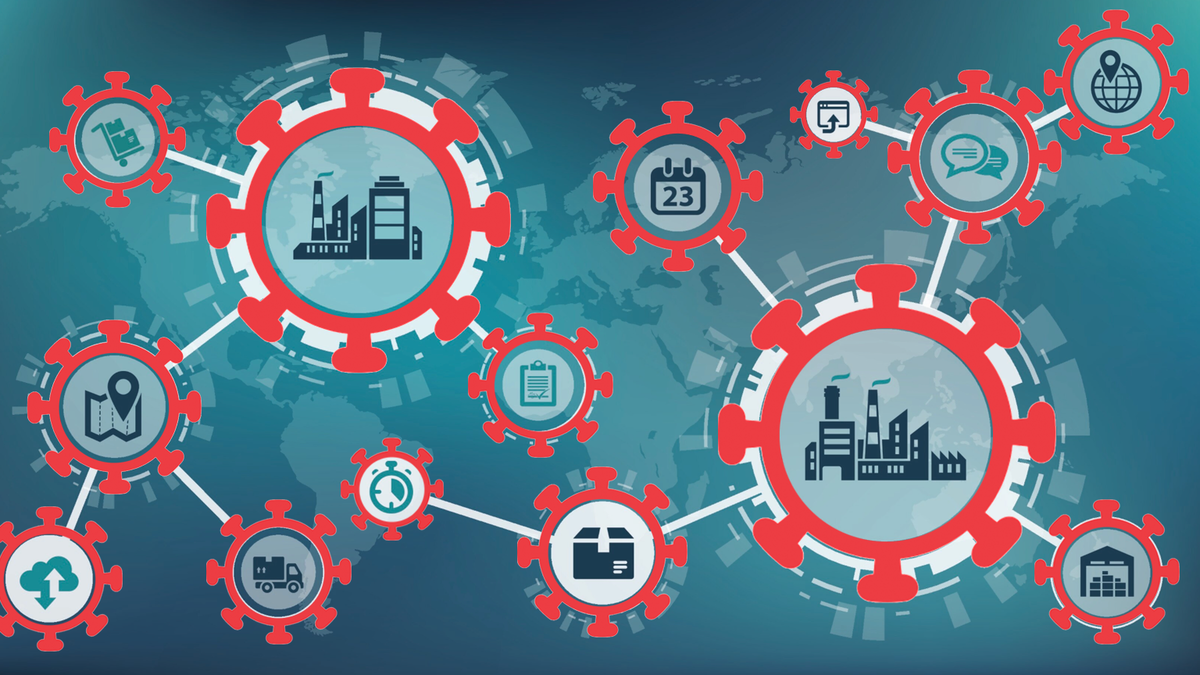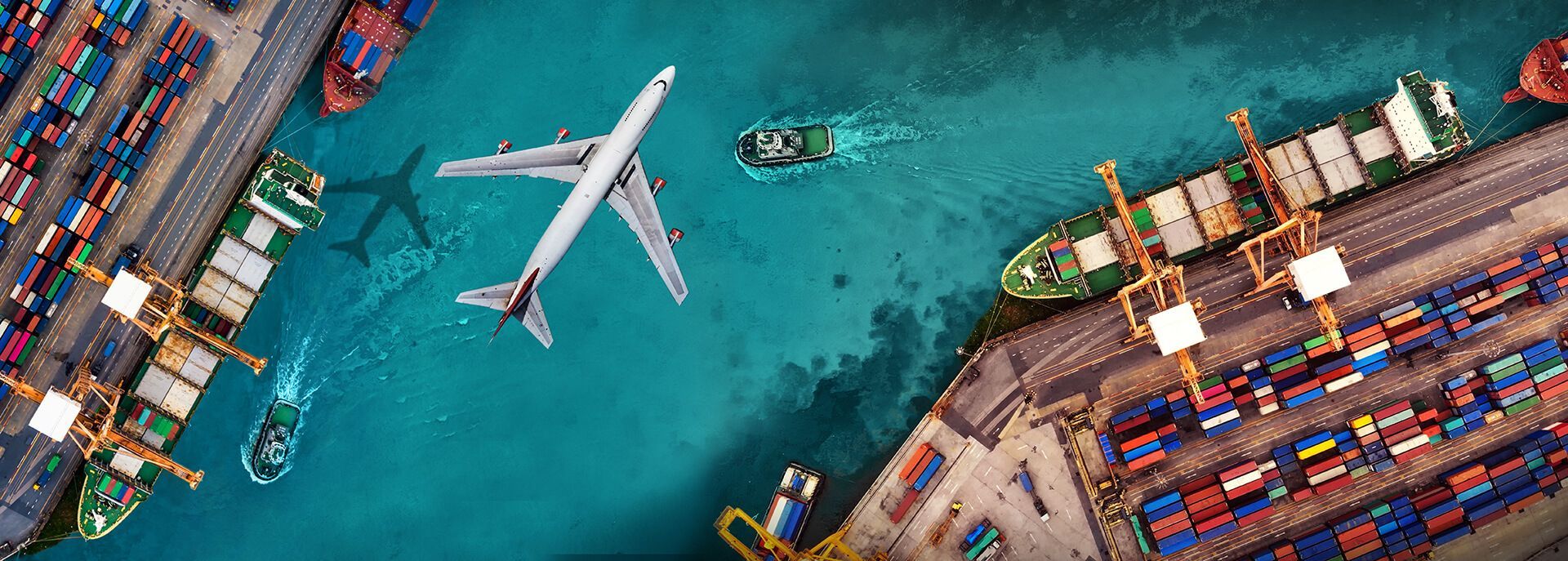The Rise of E-commerce: How 3PLs are Adapting
As e-commerce continues to grow, the logistics industry is facing new challenges and opportunities. Third-party logistics providers (3PLs) are adapting to meet the changing needs of customers, and the rise of e-commerce has presented an opportunity for them to differentiate themselves by providing specialized services.
One of the biggest challenges in e-commerce logistics is last-mile delivery. With more people shopping online, there is an increased demand for fast and reliable delivery to their doorsteps. 3PLs are leveraging technology such as route optimization software, real-time tracking, and predictive analytics to improve last-mile delivery and provide a better customer experience.
Another important factor in e-commerce logistics is real-time visibility and tracking. Customers expect to know the status of their orders at all times, and 3PLs are investing in technology to provide this level of transparency. This includes real-time updates on order status, delivery times, and the ability to track packages in real-time using GPS technology.
To meet the demands of e-commerce customers, 3PLs are also investing in automation and robotics. Automated warehouses, sorting systems, and robots can help to improve efficiency and reduce the risk of human error in order fulfillment. Robots can also help to address labor shortages and increase productivity in busy periods such as holidays or sales events.
Collaboration and communication between stakeholders is also critical in e-commerce logistics. 3PLs are working closely with retailers, manufacturers, and carriers to optimize their operations and find solutions that benefit everyone. This includes sharing information, coordinating efforts, and developing contingency plans to address any issues that may arise.
Finally, 3PLs are building specialized services to cater to the specific needs of e-commerce customers. This includes services such as white glove delivery, same-day delivery, and returns management. By providing these specialized services, 3PLs can differentiate themselves and stand out in a crowded market.
In conclusion, e-commerce has presented new challenges and opportunities for the logistics industry. 3PLs are adapting to meet the changing needs of customers by investing in technology, improving last-mile delivery, providing real-time visibility and tracking, collaborating with stakeholders, and building specialized services. By doing so, they can differentiate themselves and provide a better customer experience in the growing e-commerce market.


RESOURCES
SIGN UP FOR MARKET INSIGHTS
You need a helping hand with your project?
We will get back to you as soon as possible
Please try again later
All Rights Reserved | CMS Shipping

